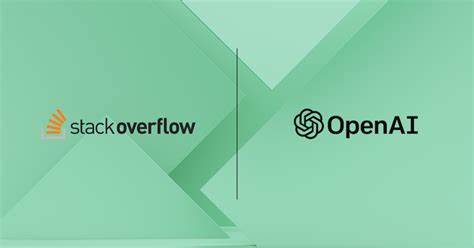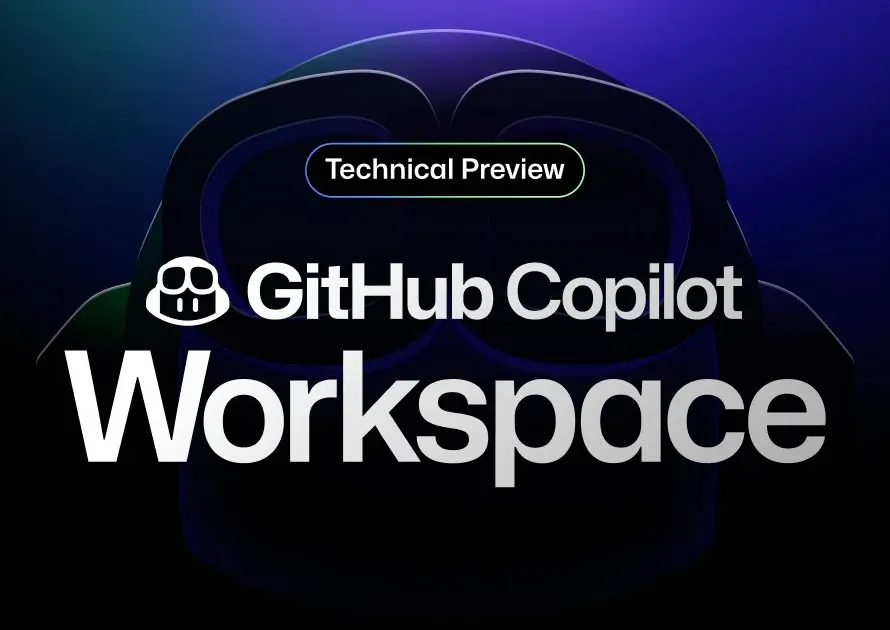Artificial Intelligence (AI) has revolutionized the way we interact with technology, and the latest release of OpenAI’s Assistants API V2 brings a new wave of possibilities for developers and businesses alike. In this blog post, we will delve into the features and enhancements of the new API version and explore the exciting opportunities it presents for leveraging AI agents in various use cases.
Unleashing the Power of OpenAI Assistants API V2
OpenAI’s Assistants API V2 introduces a range of enhancements that aim to address key issues faced in AI development, such as high costs, latency concerns, and context management. Let’s explore how these new features can unlock the full potential of AI agents and drive innovation across industries.
Enhanced Customization and Fine-Tuning Capabilities
One of the standout features of Assistants API V2 is the ability to fine-tune the underlying assistant model based on real conversations. This level of customization allows developers to tailor the AI agent to specific use cases and improve the accuracy of outputs. By streamlining outputs and optimizing conversations, users can create more personalized and efficient AI agents that better serve their intended purposes.
Improved Knowledge Retrieval and Search Capabilities
With the introduction of Vector Store File Search, the new API supports efficient file search, handling chunking, and embedding with enhanced quality knowledge retrieval. This feature enables users to search through up to 10,000 files seamlessly, making it easier to access and retrieve relevant information quickly. These improvements in knowledge retrieval and search capabilities open up a wide range of possibilities for businesses looking to streamline data access and management processes.
SDK Support and Tool Choices
The addition of legitimate support through SDKs for TypeScript and Python provides developers with more flexibility in tool selection for their projects. This versatility allows users to leverage their preferred programming languages and tools, making it easier to integrate the AI agent into existing workflows and systems. With this level of SDK support, developers can build more robust and scalable AI solutions that meet their specific requirements.
Context Management and Message History Tracking
An essential update in V2 is the improved management of message history, allowing for automatic truncation or setting specific thresholds for the number of messages stored. This enhancement addresses previous issues with context token length and cost management, providing users with more control over their AI agent’s interactions. By effectively managing message history, users can optimize performance, reduce costs, and enhance overall user experience.
Chunking and Summarization Improvements
The API’s support for more efficient chunking strategies for search queries and improved image parsing capabilities within documents underscores OpenAI’s commitment to handling unstructured data effectively. These enhancements empower developers to extract valuable insights from complex data sets, enabling them to make informed decisions and drive innovation in their respective fields.
Metadata Filtering and SQL Integration
Enhanced metadata filtering allows for custom search parameters, while potential SQL integration hints at future developments in optimizing data retrieval and analysis within the system. These features open up new possibilities for data management and analysis, enabling users to extract valuable information from diverse data sources and streamline decision-making processes.
Embracing the Future of AI Development
As we look ahead to the future of AI development, the possibilities presented by OpenAI Assistants API V2 are truly exciting. The new features and enhancements offer a glimpse into the potential of AI technology to revolutionize industries, drive innovation, and enhance user experiences across various applications.
By leveraging the power of AI agents built on Assistants API V2, businesses can unlock new opportunities for automation, personalization, and data-driven decision-making. From customer service chatbots to internal data management tools, the applications of AI agents are vast and varied, offering endless possibilities for improving operational efficiency and driving business growth.
As we continue to explore the capabilities of OpenAI Assistants API V2, we are poised to witness a new era of AI-driven innovation that will shape the future of technology and redefine the way we interact with artificial intelligence. Stay tuned for more updates and insights on how AI agents built on Assistants API V2 are transforming industries and driving digital transformation in the years to come.
In conclusion, the possibilities offered by OpenAI Assistants API V2 are limitless, paving the way for a new wave of AI-powered solutions that will revolutionize how we work, communicate, and innovate in the digital age. Let’s embrace this exciting journey into the future of AI development and unlock the full potential of intelligent automation and data-driven decision-making with OpenAI Assistants API V2.
For more information on how you can leverage AI agents built on OpenAI Assistants API V2 in your business or development projects, feel free to explore the features mentioned in this blog post or reach out to us for further insights on maximizing the potential of AI technology in your endeavors.


